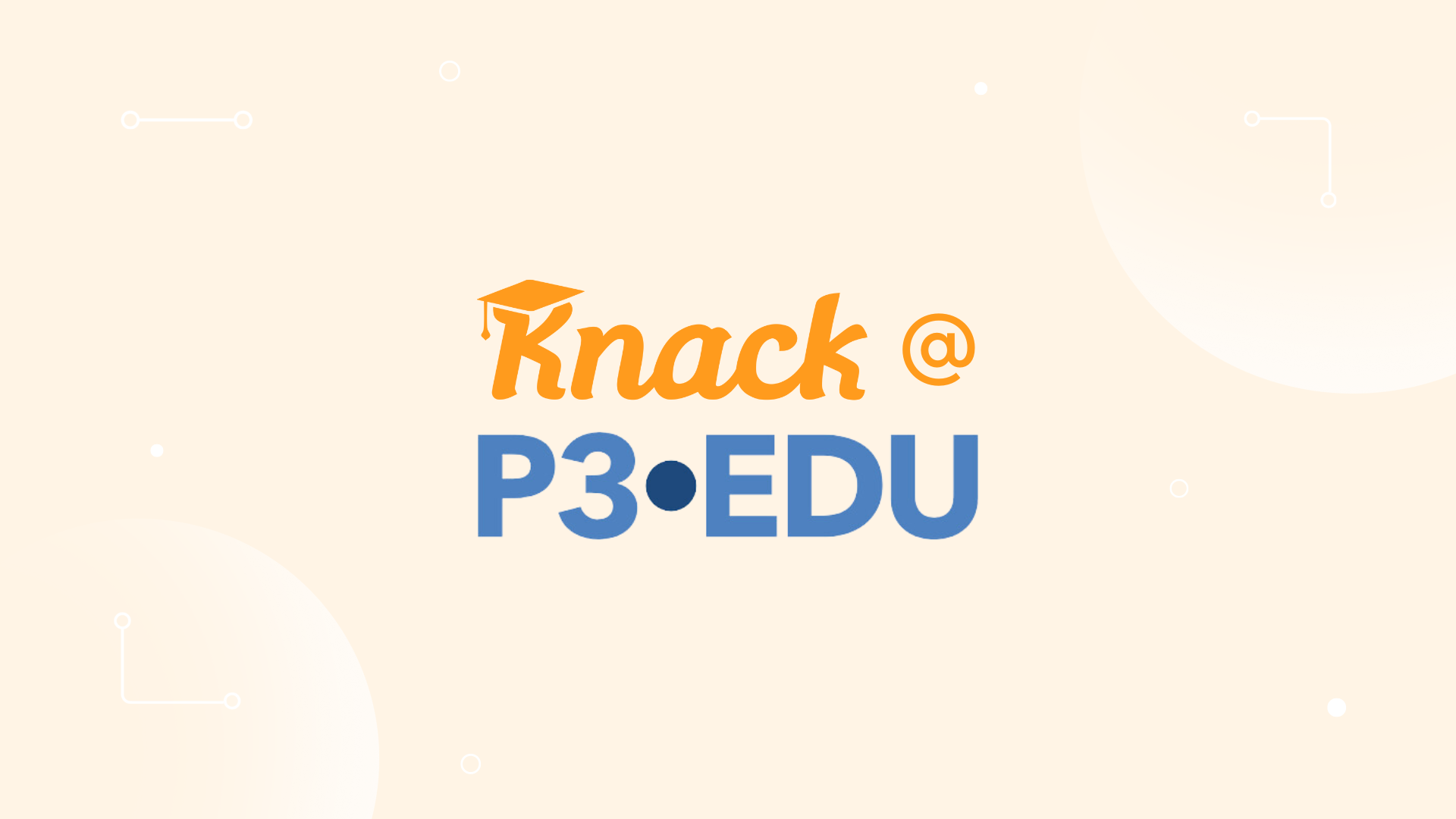Attending this year’s P3•EDU event highlighted the critical role public-private partnerships (P3s) are playing in reshaping student support services in higher education. As institutions face mounting budget cuts and staffing shortages, P3s offer a strategic solution to streamline and enhance these services while addressing growing financial and operational pressures. These partnerships are not about replacing human interaction but about augmenting it in ways that are both more efficient and equitable, all while aligning with the core mission of higher education.
A key insight from the event came from Christine Cruzvergara, Chief Academic Strategy Officer at Handshake, who noted that P3s are designed to "facilitate human interaction in a more equitable and accessible way." At a time when many institutions are being forced to do more with fewer resources, the value of these partnerships lies in their ability to bolster student services without sacrificing quality. However, Cruzvergara also raised a challenge that many institutions face: resistance to change. Whether due to a desire to maintain long-standing practices or to justify roles, some stakeholders within colleges and universities are hesitant to embrace new, more efficient approaches. This reluctance poses a significant barrier to fully realizing the potential of P3s, despite their ability to deliver cost savings and improve student outcomes.
The success of these partnerships, as highlighted throughout the event, hinges on strategic alignment with institutional goals. Elizabeth Loboa, Provost and Senior Vice President for Academic Affairs at Southern Methodist University, emphasized that private partners need to create mutually beneficial scenarios, particularly when they can align their services with an institution’s strategic plan. This approach ensures that both parties can address core issues, such as enhancing student success, while simultaneously alleviating administrative and financial burdens. For institutions facing budgetary constraints, this win-win framework is especially crucial, allowing them to deliver high-impact services without overextending already limited resources.
In addition to budgetary concerns, staffing shortages in higher education—particularly within student affairs and academic advising—underscore the need for innovation in student support. As John Woods, Provost and Chief Academic Officer at the University of Phoenix, pointed out, many student-facing services can be delivered via self-service models, reducing the strain on personnel while maintaining the quality of support. This shift toward self-service not only enables institutions to do more with less but also allows staff to focus on more personalized, high-touch interactions with students, improving the overall support experience in a more sustainable way.
One of the most compelling discussions came from Samyr Qureshi, CEO and Co-Founder of Knack, who addressed the impact of P3s on student success. He highlighted how Knack has partnered with campuses to address critical academic challenges, such as reducing DFW rates and improving student persistence and completion. By creating opportunities for students to engage in peer tutoring—where students not only receive help but also build employable skills—these partnerships create value across multiple dimensions. As Qureshi noted, aligning incentives within institutions allows these partnerships to thrive, with benefits extending to both students and the institution itself. The ability to simultaneously improve academic outcomes and enhance career readiness makes P3s a compelling model for the future of student support services.
In an era of financial pressures and workforce challenges, the role of P3s in enhancing student support services is becoming increasingly important. These partnerships offer a pathway to modernizing services, providing scalable and cost-effective solutions that can be tailored to meet the evolving needs of students. Yet, for P3s to reach their full potential, institutions must embrace the leadership and change management necessary to shift away from outdated practices and towards more innovative, collaborative models. By doing so, colleges and universities can not only save costs but also better serve their students in a rapidly changing educational landscape.
Ready to enhance your institution’s student support services? Book a call with Knack to learn more about our partnership opportunities and how we can help you create seamless pathways for student success.
